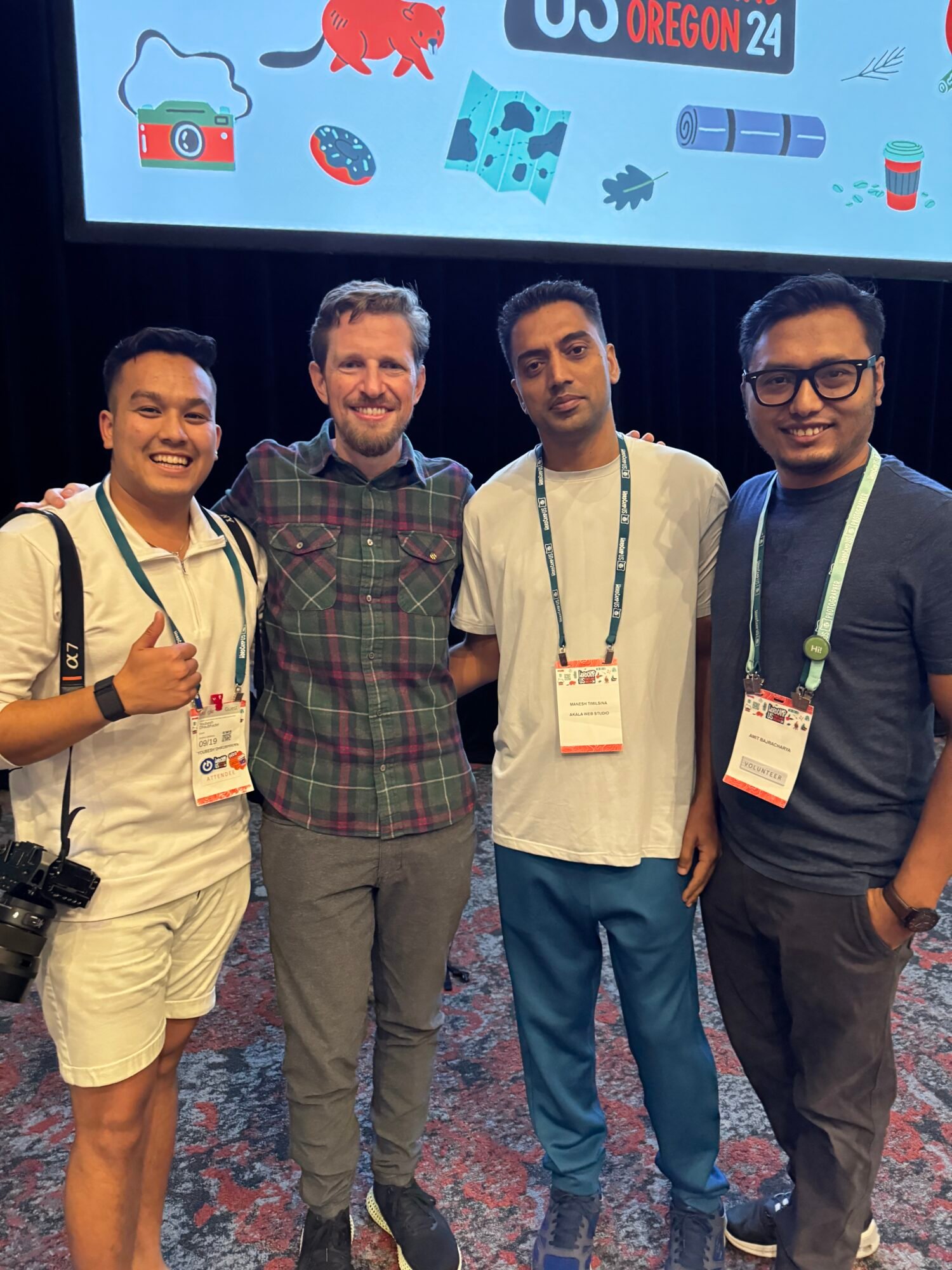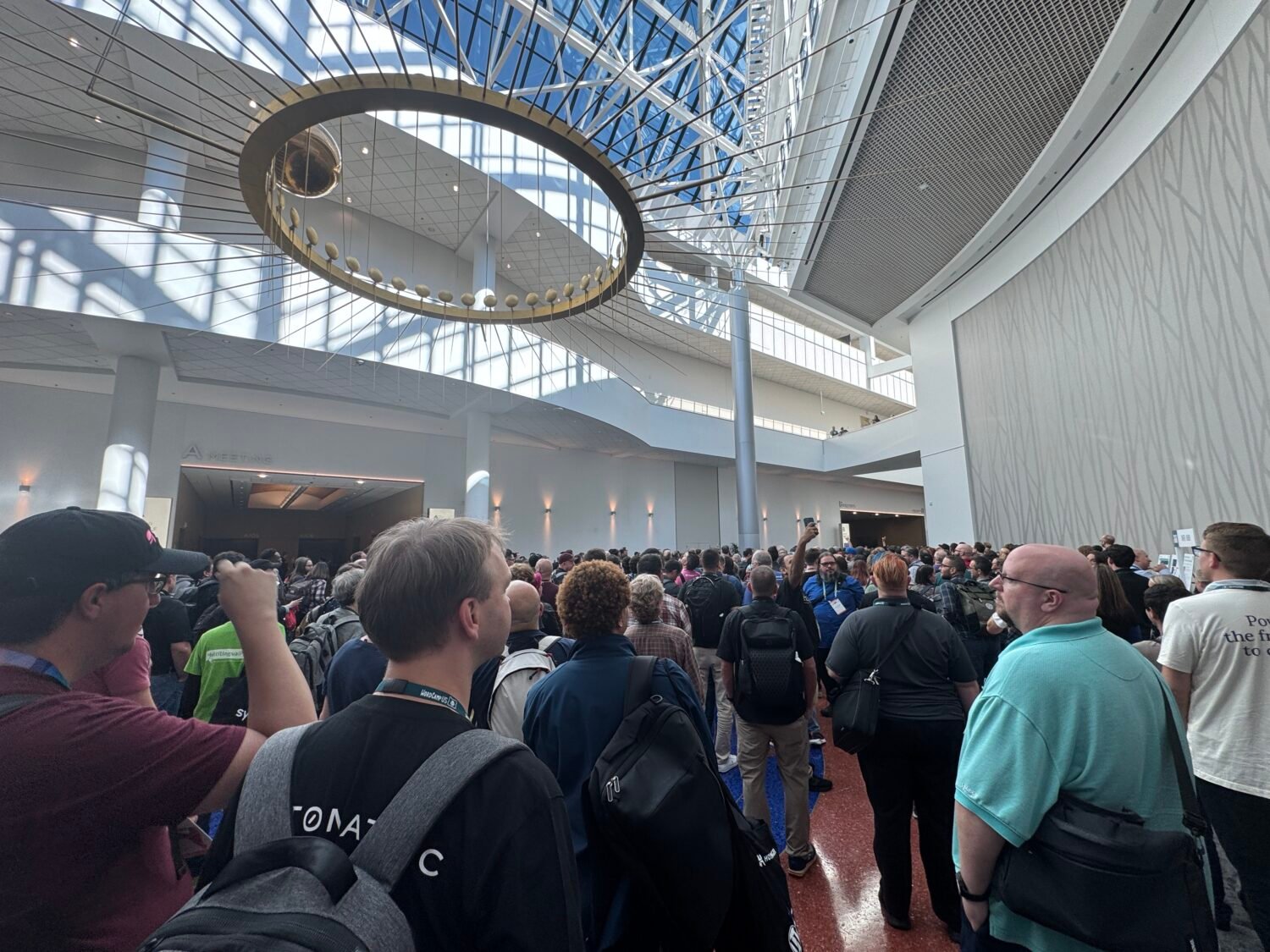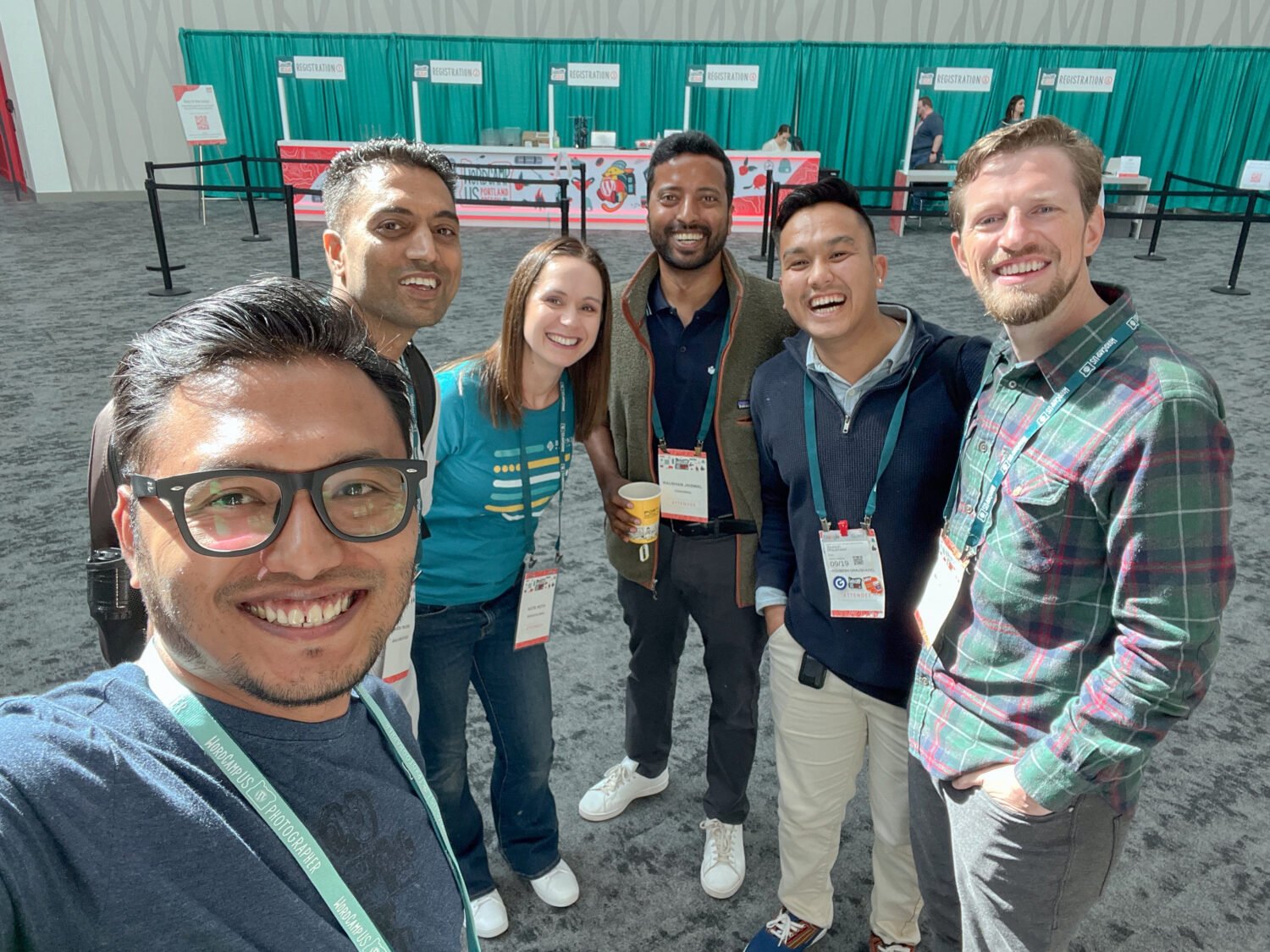“Yes, you read that right. You shouldn’t attend WordPress WordCamps unless you have a collective growth mindset.” WordCamps, the official conferences dedicated to WordPress, might not be for everyone—especially if you’re not interested in the incredible benefits of communal growth. Unlike me, a finance/econ bro moved by the concept of conscious capitalism.

Mullenweg’s support of conscious capitalism and the WordPress ethos are closely related. He thinks that companies may be successful and still be devoted to the greater good, which in this case is the WordPress community.’ Automattic’s vision: By supporting smaller developers, contributing to open-source projects, and engaging in community outreach, Automattic embodies conscientious capitalism. This strategy directly leads to the creation of WordCamps and other community-driven projects. Mullenweg wants every company involved in WordPress to support this larger goal of making the open web better for everybody. He frequently criticizes organizations that could put profit ahead of fostering community, which is why he occasionally finds fault with WP Engine’s strategy.
The seed of the ongoing beef between WordPress and WPEngine was sown in the WordCamp US 2024, Portland, Oregon, which shall be discussed in detail in other upcoming blogs, but for now, I will focus on why you shouldn’t attend WordCamps if you don’t believe in synergetic social transformation. This was one of many tech conferences I have ever attended, and kudos to WordPress, Automattic, and various stakeholders who put up this august gathering of such magnitude with constant events, a networking hub, training, and after-parties fostering social growth and community attachment activities at the heart of the Pacific North West in by of the coast of Portland, Oregon.

The open-source contribution ethos of WordPress is one of the cornerstones of WordCamps. You may want to stay away from these events if you’re not interested in being a part of a broader movement. WordCamps culture is centered around helping others and working together for a common goal. As a result, it’s difficult to leave without feeling inspired to contribute to some kind, whether it be through code, documentation, or mentoring. In Mullenweg’s view, success in the WordPress space should come hand-in-hand with a commitment to making the web a better place for everyone. Companies like WP Engine, which build profitable models on top of WordPress, sometimes face scrutiny if their business practices appear to veer away from the community-first mentality. Mullenweg advocates for a balance between profit and purpose, which is central to the philosophy of conscious capitalism.
Here are a few reasons to avoid WordCamps at all costs:
- Thriving community:
You will not be able to hide behind a screen at a WordCamp. You’ll be fully integrated into the friendly, international WordPress developer, design, and business community. The intensity of teamwork and enthusiasm can be overpowering if you prefer working alone. You’ll feel a palpable sense of group joy and sharing in place of silent independence.

- (Whether You Want Them or Not) Ideas Will Flow:
If you go, get ready to be inundated with fresh viewpoints, inventions, and ideas. If you’re used to doing things the same way, WordCamps may be unnerving because they foster creativity and progress. If you don’t oppose the general evolution taking place all around you, you can come away feeling motivated to entirely rethink your strategy for developing or producing content.
- Social energy:
WordCamps are going to test that. You will network with like-minded individuals from around the globe, many of whom could turn into collaborators, mentors, or business partners. WordCamps will push you beyond your comfort zone and into a network that can accelerate your progress, but only if you’re willing to give it a try. If you’d rather stay in your present social group.

WordCamps are all about communal progress, collective innovation, and shared knowledge. So, if you’re not ready to tap into a global network of WordPress enthusiasts and experience personal growth through community engagement, then maybe staying home is the safer choice!
According to Mullenweg, WordPress is a movement whose central theme is giving back. Mullenweg believes that the open-source, community-first philosophy of WordPress is incompatible with the more traditional capitalist model that businesses like WP Engine, despite their good intentions, frequently represent. This conflict between conscious capitalism, which aims to strike a balance between profit and purpose, and more established business models within the ecosystem is highlighted by their “beef.”